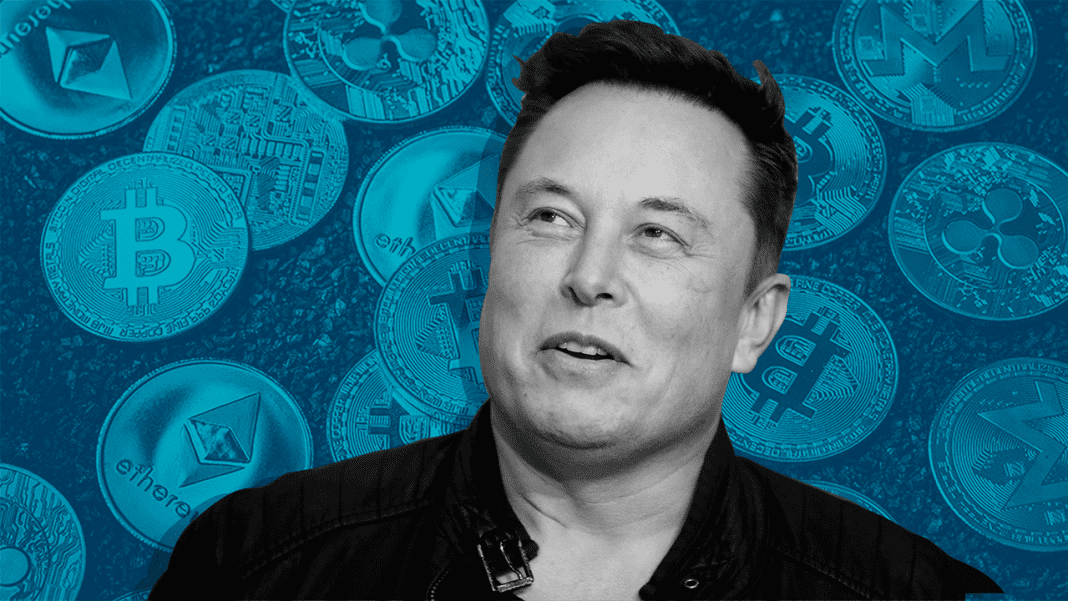On Monday, Tesla announced a purchase of around $1.5 billion USD in Bitcoin, the world’s most well-known cryptocurrency. A filing with the Securities and Exchange Commission detailed the purchase with the intent of “more flexibility to further diversify and maximize returns on our cash”. Along with the massive investment in the decentralized currency, Tesla intends to accept Bitcoin as a payment form for vehicle purchases, services, and other products.
Purchasing directly from a major carmaker with Bitcoin hasn’t been offered previously, which will be yet another feather to put in Tesla’s cap. The EV carmaker’s stock also bumped upwards by nearly 3% in premarket trading.
Tesla’s investment into Bitcoin caused an immediate spike in the cryptocurrency’s value, elevating its price by more than 13% in just the first few hours after the purchase was completed. Elon Musk has been extremely visible on social media in recent weeks about cryptocurrencies like Bitcoin and Dogecoin. Between Musk and other celebrities like Gene Simmons and Snoop Dogg, recent surges in value have been held the ground they’ve gained.
Despite Tesla acknowledging Bitcoin’s volatility in their SEC filing, such a large investment by a prominent company is likely to prove its relevance in the automotive industry, and help buoy its future price. Analyst are divided about the potential for cryptocurrencies, but at least one Citi senior analyst sees a potential high of $318,000 per share by the end of this year. By early morning Monday, Bitcoin was around $44,000 per share.
How cryptocurrency affects auto retail
Automotive manufacturing and supply chains have begun adopting blockchain technology for more reliable tracking and verification, streamlining process from shipping to recalls. However, the currencies that are developed around blockchain haven’t been adopted to this point.
Individual dealerships have begun to accept Bitcoin as payment for a vehicle or services including a Costa Mesa Lamborghini dealership and most BMW dealerships. However, the practice is far from commonplace despite the growing popularity of decentralized currency and the billions of dollars being held in digital wallets.
Other applications have popped up in the auto industry, though, such as a project by Ford Motor Company to integrate payment options into vehicles using cryptocurrency. Toyota has been working on data collection and analytics using blockchain technology for driverless cars.
Should dealers accept bitcoin?
Accepting a cryptocurrency as payment may seem like a complex and risky option for dealers, and it certainly comes with hurdles. Since the cryptocurrency would need to be handled like exchanging foreign funds, it can be a detractor for dealerships, especially with heightened volatility. Bitcoin’s soaring peaks and plummeting lows since even the beginning of 2021
Atlanta’s Carriage Nissan accepts Bitcoin, but with limited options. Their website says,” All Bitcoin payments are securely handled through the payment processor Coinbase. Only Bitcoin payments that can cover the full price of the vehicle including tax, tag and title can be accepted at this time; finance and lease options are currently unavailable.”
As cryptocurrency continues to grow in popularity, it could be worthwhile for dealerships to set up payment methods that incorporate Bitcoin. Although it’s not going to make up the bulk of anyone’s payments in the immediate future – not even for Tesla – it could be one extra detail that identifies your store as progressive and unique, attracting a certain niche of clients.
Did you enjoy this article from Jason Unrau? Read other articles on CBT News here. Please share your thoughts, comments, or questions regarding this topic at newsroom@cbtnews.com.
Be sure to follow us on Facebook and Twitter to stay up to date or catch-up on all of our podcasts on demand.

While you’re here, don’t forget to subscribe to our email newsletter for all the latest auto industry news from CBT News.








